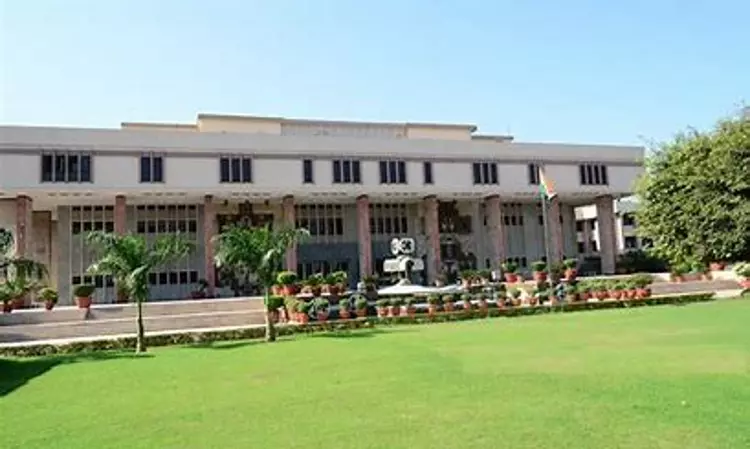Courts Can't Undertake Independent Assessment Of Award In Appeal U/s 37 Of Arbitration Act: Delhi High Court
Rajesh Kumar
23 July 2024 7:56 PM IST

Next Story
23 July 2024 7:56 PM IST
The Delhi High Court division bench of Justice Yashwant Varma and Justice Dharmesh Sharma reiterated that while entertaining an arbitration appeal under Section 37 of the Arbitration Act, the role of a court is limited to ascertaining whether the exercise of power under Section 34 has exceeded the scope of the provision. In such cases, the High Court held that courts cannot undertake...
